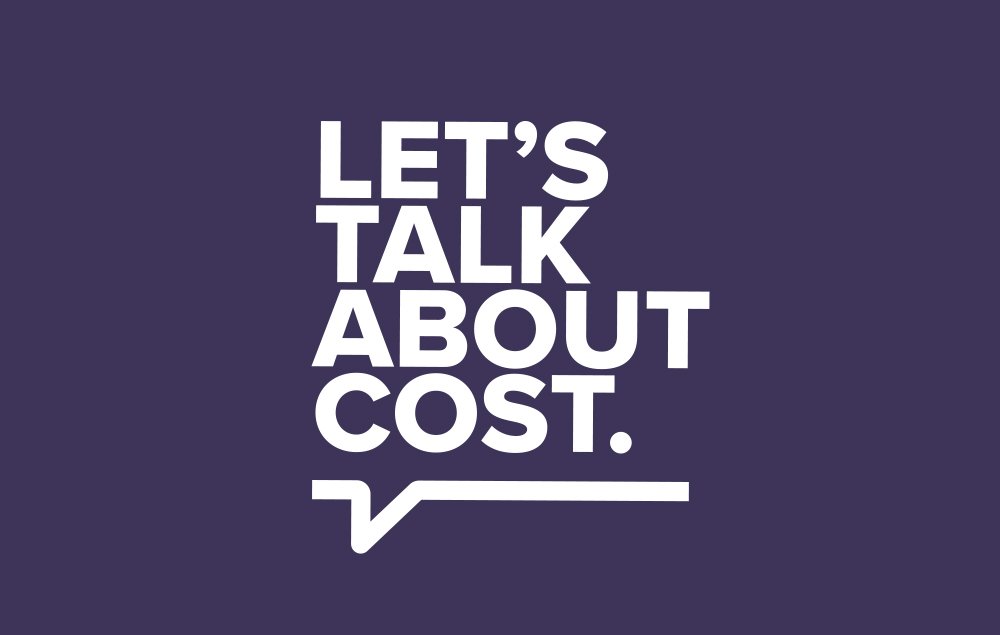Today, as part of the Let’s Talk About Cost campaign, PhRMA unveiled new advertisements highlighting how the use of copay accumulator programs by insurance companies and other middlemen could result in patients facing thousands of dollars in unexpected medical costs. copay accumulator programs block copay coupons – offered by biopharmaceutical companies for some medicines – from being applied to deductibles and out-of-pocket maximums.
In recent years, pharmacy benefit managers (PBMs) and insurers have been increasingly shifting more health care costs to patients. According to data from the Kaiser Family Foundation, since 2006, deductibles have increased 300 percent and there has been an 89 percent rise in what patients pay in coinsurance, which is a percentage of costs associated with their health care service or medicine.
Middlemen, like insurers and pharmacy benefit managers (PBMs), are marketing accumulator programs in a misleading way to suggest they will provide greater cost protection for patients when the reality is the opposite. Often, patients discover too late that these programs were added to their insurance coverage, finding out at the pharmacy that the copay assistance they used does not count toward meeting their deductible or out-of-pocket maximum.
The new ads will be featured in print, radio, digital and social channels in Washington, D.C., and select states.
To learn more about Let’s Talk About Cost and view the new advertisements, visit LetsTalkAboutCost.org/coupons.



